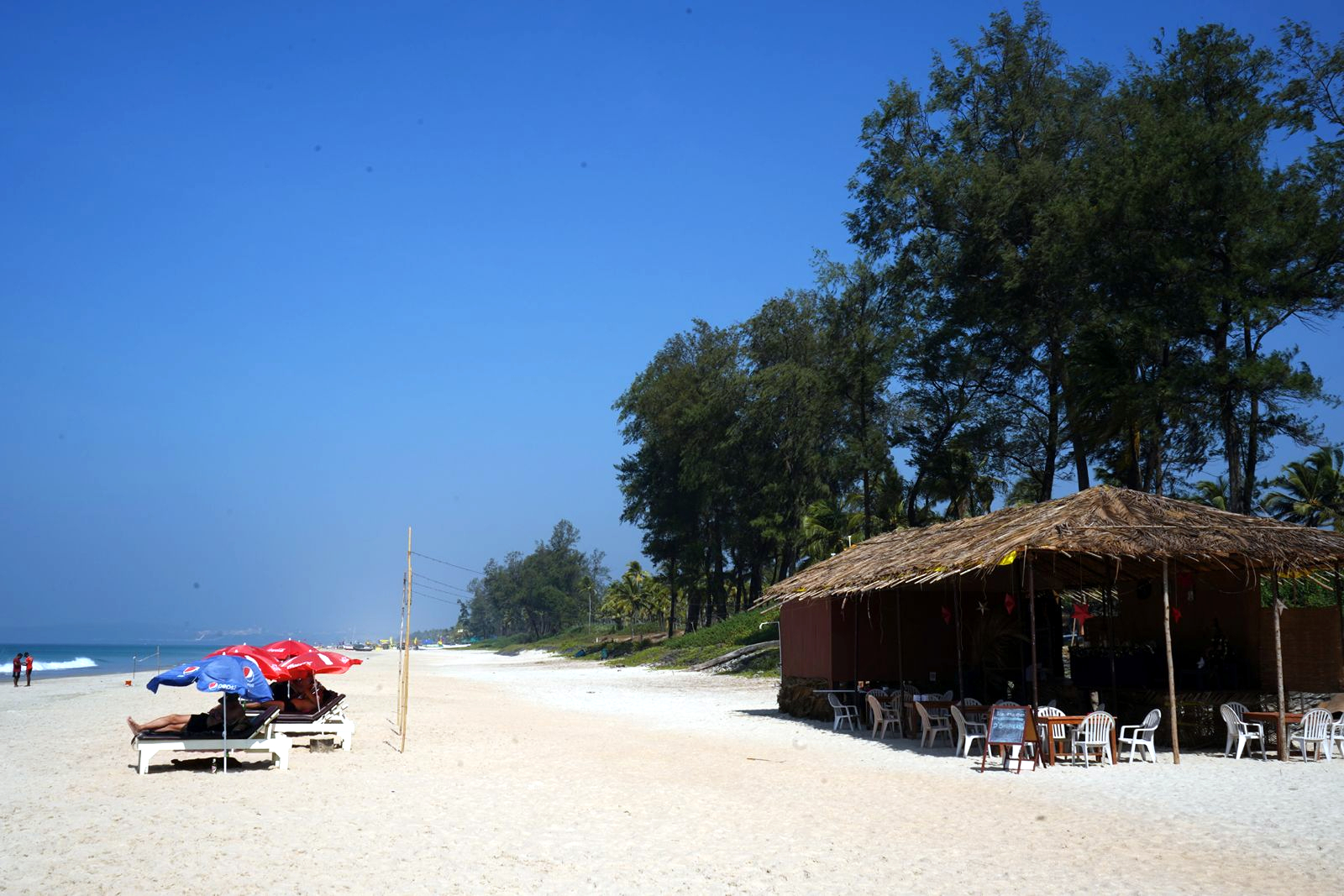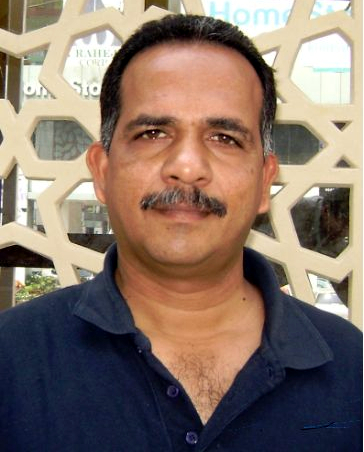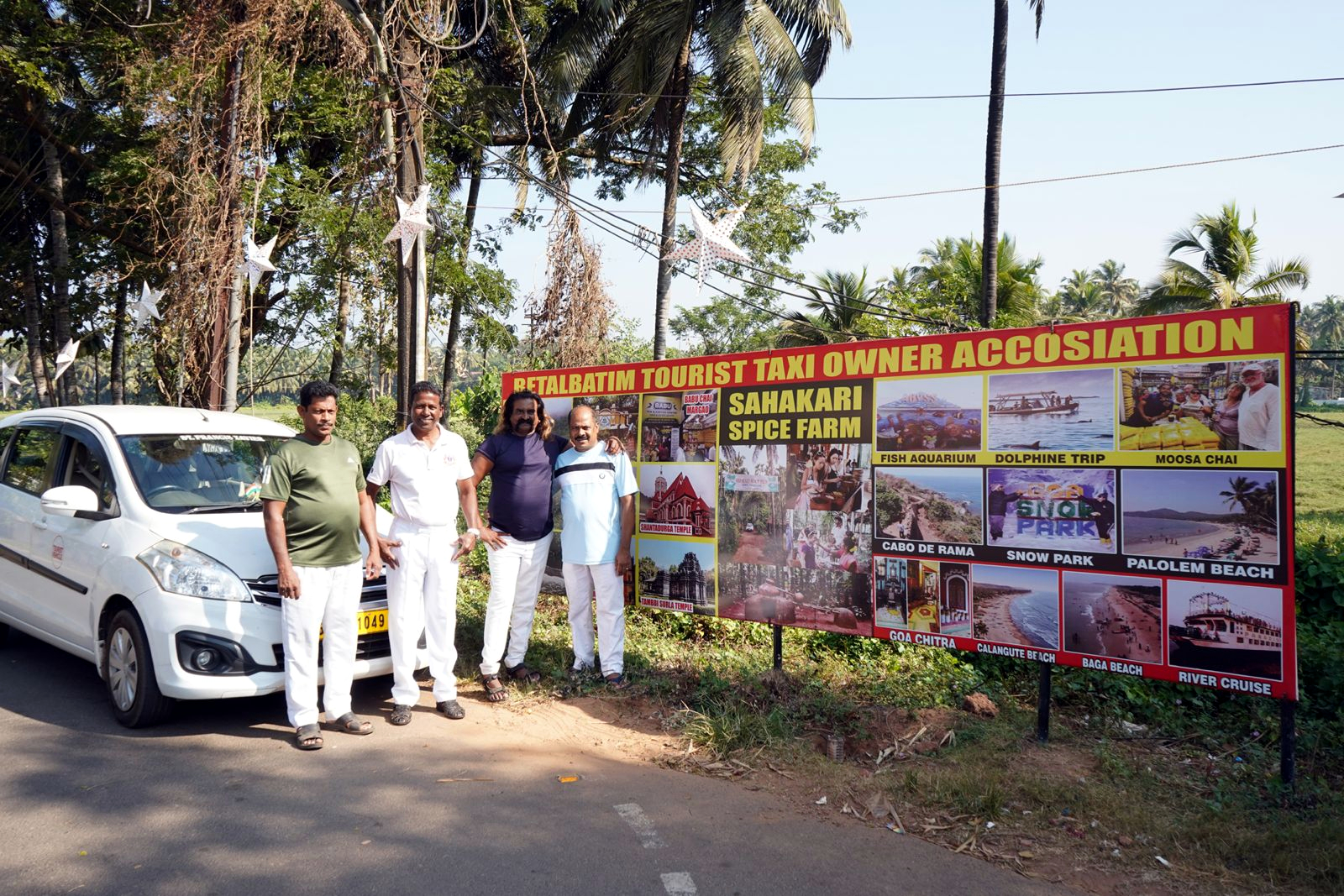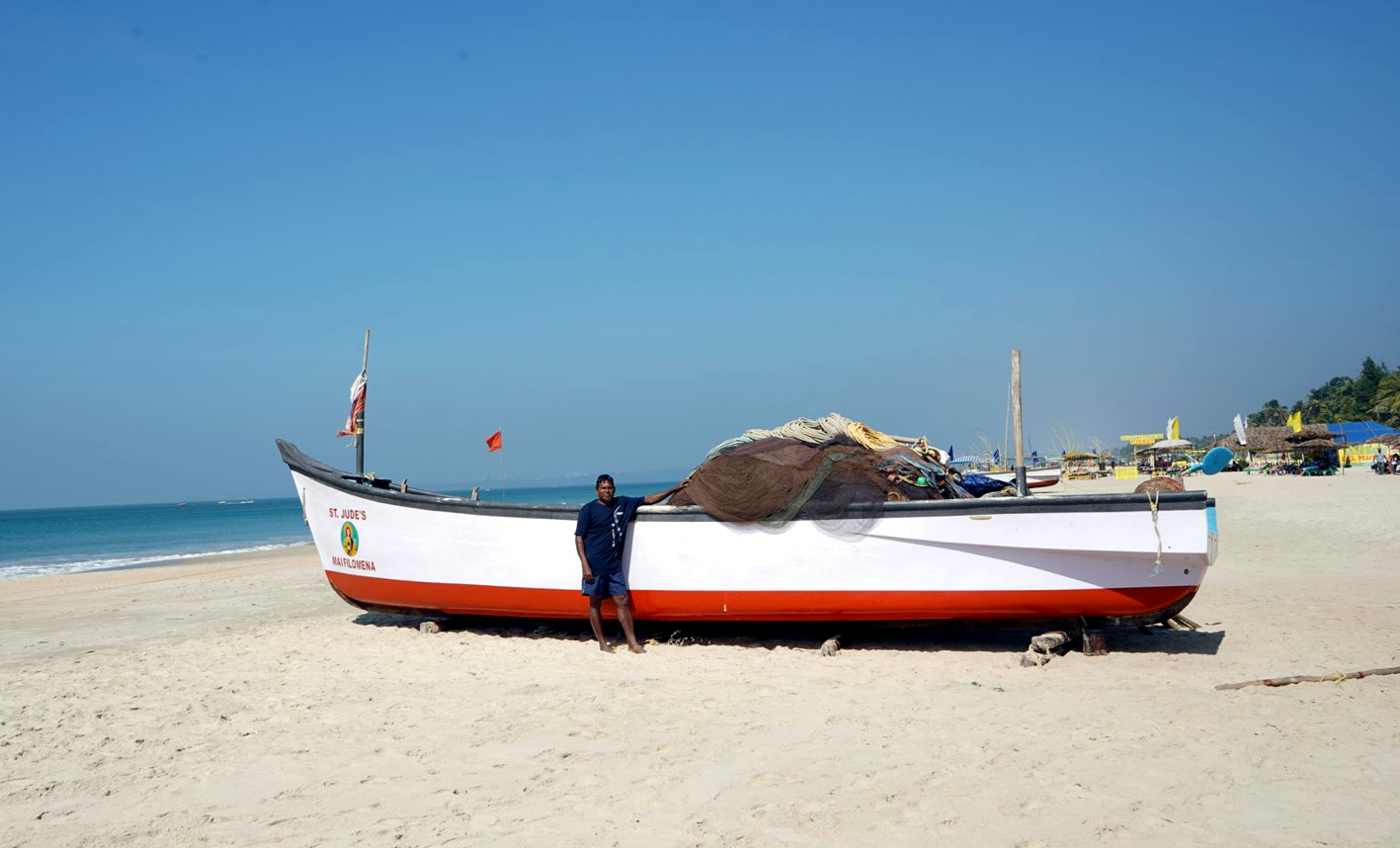New book delves deep into the socio-economic fabric, unravelling connections of emigration, tourism and cultural influences that define the village’s identity

PANAJI
A new book has offered insights into the vibrant tapestry of Betalbatim's past, present, and future, focusing on emigration, tourism, in-migration and occupational diversification in the coastal village.
Written by Afonso Botelho, Professor and Head of the Department of Sociology at St Xavier’s College, Mapusa, the book was published by Notion Press, self publishing company based in Chennai and released online on Monday.
According to details presented, the book showcases Betalbatim as more than just a picturesque seaside village and delves deep into the socio-economic fabric, unravelling the connections of emigration, tourism and cultural influences that define the village’s identity.
The chapters unveil the layers of Betalbatim’s transition from its colonial past to its bustling energy of contemporary times. At its core, the book is more than an academic inquiry—it is a powerful testimony to the voices and aspirations of Betalbatim's people.
By amplifying their stories and struggles, the book serves as a poignant reminder of the enduring vitality of village life besieged by the currents of change.
WHY BETALBATIM?
“It was more than 12 years since I had shifted my residence from Margao to Betalbatim. Casual conversations with neighbours and other residents of Betalbatim made me aware of the many changes that had occurred in Betalbatim in a span of three or four decades,” said Prof. Botelho.
“Emigration, tourism and in-migration had ushered in a number of changes in the sleepy village transforming it into a vibrant locality bustling with many tourism-related activities. A thought flashed in my mind – would it be possible for me to interact with the local people and understand the changes that have occurred in Betalbatim and record them in a form of a book?”

Prof. Afonso Botelho
Prof. Botelho pondered over the idea for some time and thought of applying for a Sabbatical Leave to engage himself in doing some research on Betalbatim.
“Fortunately, St Xavier’s College granted me the Sabbatical Leave I requested, to help me undertake my research on Betalbatim. At the end of the year, I came up with a book ‘Emigration, Tourism, In-migration and Occupational Diversification in Betalbatim - Goa’.”
DATA COLLECTION
Describing villagers as repositories of experiential knowledge, Prof. Botelho said they share in the common stock of knowledge or cultural information available to the group which helps them understand the nature of things and events that happen within the village.
He said the interviews used extensively to collect data for the book were minimally edited, and transcripts were presented with minimal interpretation, offering the reader the various perspectives of respondents.

“The approach has been to let members speak for themselves. In this way, the experiences of the respondents from within the village are brought to the fore so that others may appreciate and gain from their experiences.”
“The respondents offer coherent explanations of the happenings in the village by piecing together the fragmented realities of day-to-day life. It is through their personal narratives and stories that the interviewees exhibit unto the reader, life around them in the village,” said Prof. Botelho.
“The focus of this research is emigration, tourism, in-migration and livelihood diversification in Betalbatim. The villagers interviewed provided information on what Betalbatim was and what changes they themselves saw and experienced in their lives.”
FINDINGS ON BETALBATIM
Prof. Botelho said the villagers shared their views on emigration, tourism and in-migration which have brought about drastic changes in the lives of Goans and the people of Betalbatim.
“The primary data I collected from my respondents, narrating to me their experiences of changes in Betalbatim, along with the secondary data collected from the Panchayat, especially the tax on shops and establishments in the village suggested the occupational diversification occurring in the village, with the villagers often abandoning the traditional occupations in favour of the more modern and lucrative occupations,” said Prof. Botelho.

“These realities have brought about sweeping changes in the village, changing the very structure of the village. Both emigration and tourism helped the villagers raise their socio-economic status in the village.”
With improvement in their financial conditions and achievements in education, Prof. Botelho said many villagers stopped cultivating fields, abandoned fishing or gave up some other traditional occupations.
“Aware of agricultural activities being uneconomical, villagers strategically opted to migrate or diversify into non-farm occupations which, in turn, helped them earn much higher incomes and achieve vertical mobility in the society.”
“Shops and businesses have increased manifold with local people having diversified into newer occupations. Villagers have either given up their traditional occupations or have moved into some other occupation in addition to the one they practised earlier, supplementing their income and raising their living standards.”
Prof. Botelho believes that emigration, tourism and in-migration have been responsible to bring about changes in Betalbatim to a great extent.
Prof. Botelho’s previous books include ‘Language and Early Schooling in Goa’, ‘The Tourism Critique and Tourism Movements in Goa’ (co-authored), ‘Socio-economic Inequities and the Health Sector’ (co-edited), and ‘The Light Within’ (co-edited).